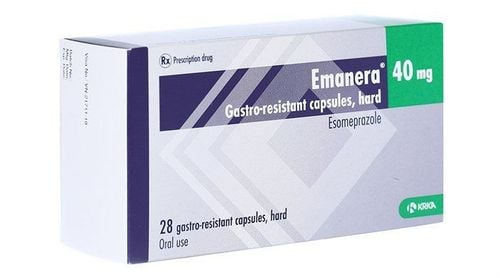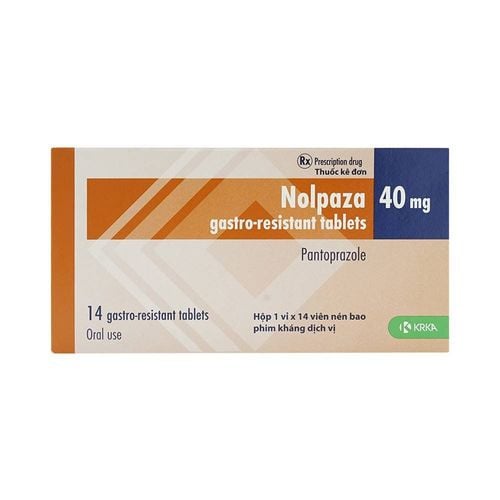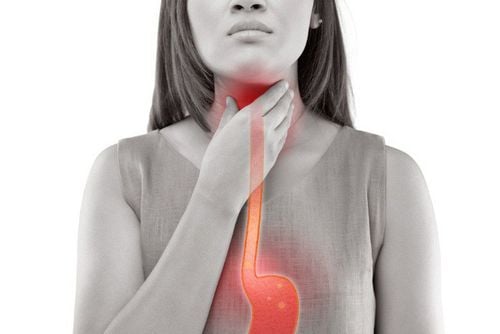For some people, spiciness is indispensable in their meals. Spicy foods make them feel more appetizing during meals. However, the habit of consuming excessively spicy foods may not bring health benefits.
1. The harmful effects of excessively spicy food
Consuming overly spicy foods can have several health impacts, including:
- Excessive spiciness causes stomach pain
Eating too much spiciness can affect the stomach. The symptoms of such conditions can be easily recognized, such as vomiting, acid reflux, a burning sensation in the stomach, or even causing gastric reflux. Additionally, the stronger the spiciness, the more severe the condition of gastric-duodenal ulcers becomes.
- Excessive spiciness causes insomnia.
Using chili in meals can increase body temperature, seriously affecting daily sleep. Therefore, eating too much spicy food is a cause of difficulty in falling asleep.
- Loss of appetite for natural foods
People who frequently consume chili or excessively spicy foods in their daily meals may cause their taste buds to become overloaded, leading to reduced sensitivity to food flavors, even losing the ability to differentiate tastes. Hence, regularly eating excessive spiciness may not be beneficial for the consumer. It is advised to eat spicy foods 2-3 times per week and at spaced intervals.
- Excessive spiciness causes internal heat
Frequent consumption of chili at high levels of spiciness can lead to mouth ulcers, pimples, a burning sensation in the anus, and other organs. Furthermore, moldy chili powder or fresh chili can form aflatoxin, a toxin capable of causing poisoning and cancer. However, chili contains a significant amount of vitamins C and D, which provide numerous health benefits.
For individuals with weak bodies, stomach diseases, colon problems, gallstones, or those who frequently use medication, it is best not to use chili in their daily meals, as fresh chili can directly affect their health.

- Excessive spiciness can cause acne
Spicy and hot foods have moisture-absorbing properties, which can make the skin rough. The hot compounds in spicy foods can also stimulate the skin, making it more prone to acne. Thus, people with dry skin should limit their intake of spicy and salty foods.
For pregnant women, spicy foods can affect both the mother and the baby. Specifically, pregnant mothers consuming spicy foods may cause allergies in the child later or make the baby more prone to heat rash and internal heat.
Breastfeeding mothers should also avoid consuming overly spicy foods, as the spicy compounds can pass through the milk and affect the baby. On the other hand, consuming too much spiciness can cause internal heat and sleep difficulties for the mother.
2. The beneficial effects of spicy chili
Although excessive spicy eating can lead to some health risks, if consumed in moderation and appropriately, the spiciness of chili can bring some health benefits, such as:
- Eating spicy food can help relieve pain
The capsaicin compound in chili is odorless and tasteless but has the ability to stimulate pain relief. Capsaicin is often used as an effective natural pain reliever in cases such as post-surgical pain, joint pain, oral pain, or certain skin conditions.
- Spicy foods may support cardiovascular health
Capsaicin in chili may improve blood circulation, reduce the risk of cardiovascular conditions, lower blood pressure, and help manage cholesterol levels.
- Spicy eating can help limit snacking
For people with colds, flu, or respiratory-related illnesses, chili can help the body prevent these conditions effectively.
- Spicy eating can have anti-inflammatory and anti-fatigue properties
Chili in meals, with its distinct spiciness, has anti-inflammatory properties, especially for joint-related conditions such as arthritis. Additionally, it has the ability to combat body fatigue effectively.

- Spicy food can improve digestion.
While excessive spiciness can alter digestive enzymes, consuming spiciness in appropriate amounts can increase gastric secretion, improve digestion, and enhance appetite while preventing bloating.
- Eating spicy food can help you lose weight effectively.
Chili, as well as other spicy foods like pepper, contains capsaicin, which helps burn more energy immediately after meals, boosting the body's metabolism. As a result, it provides a feeling of fullness and aids in effective weight loss.
Although excessive spicy eating can have negative health effects, adjusting and consuming it wisely can bring many health benefits.
Please dial HOTLINE for more information or register for an appointment HERE. Download MyVinmec app to make appointments faster and to manage your bookings easily.













